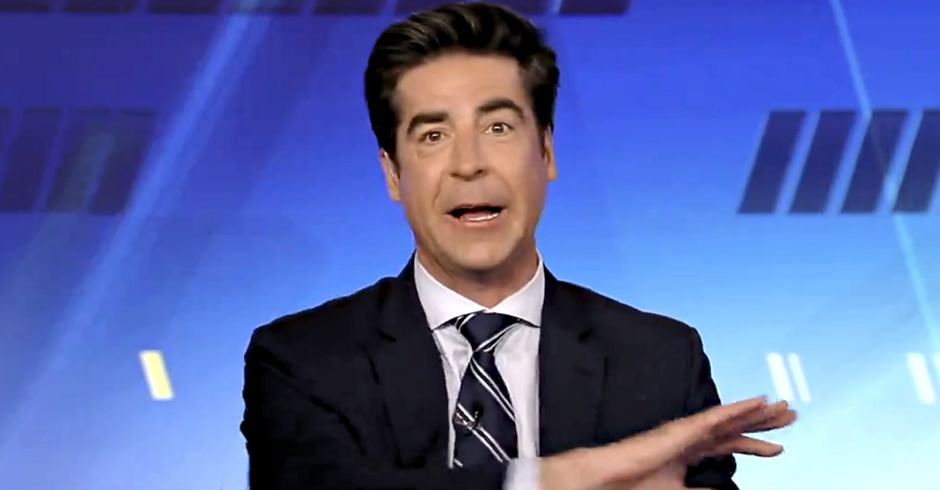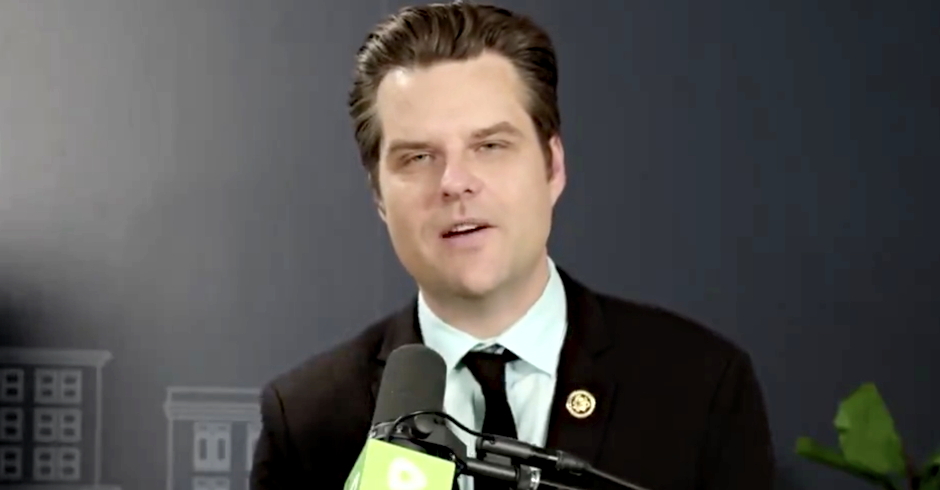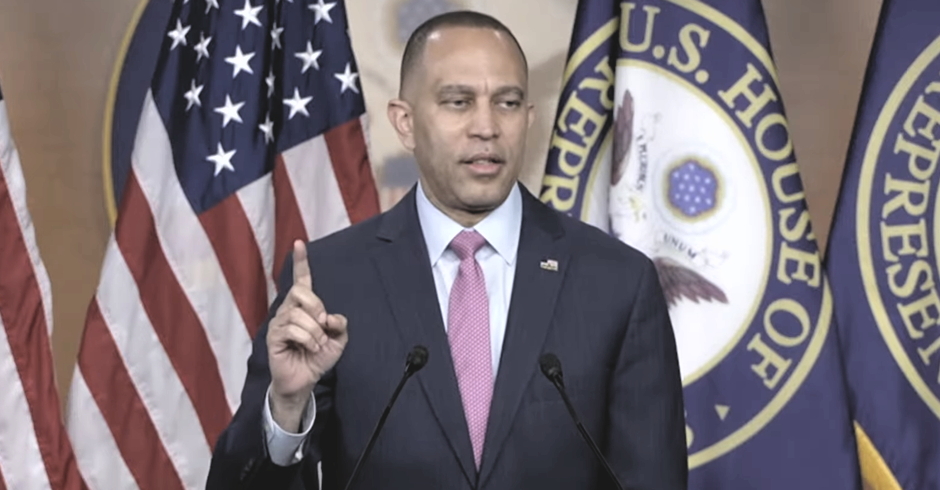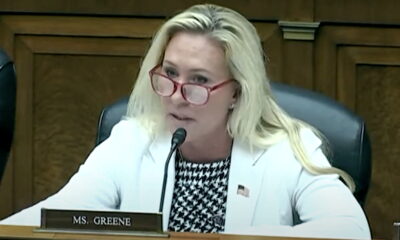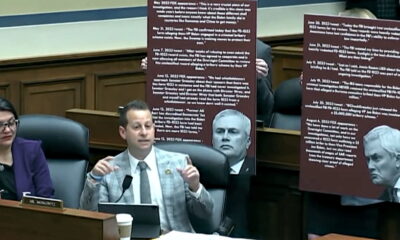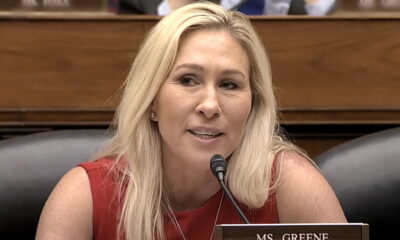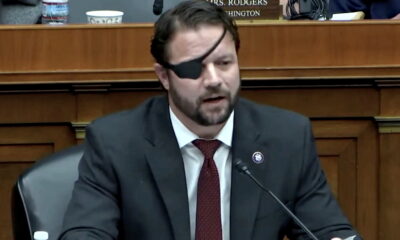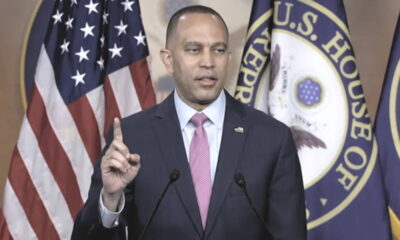LBT Women: OUT At The UN Commission On The Status Of Women
Guest post by Brian Tofte-Schumacher
Voices of lesbian, bisexual and trans women from around the world are rising at the United Nations—and important people are listening. The 56th session of the Commission on the Status of Women started this week focusing on empowering rural women.
NGOs and state missions organized sessions expanding the frame of reference to include lesbian, bisexual and transgender (LBT) women living in rural areas. Capacity limitations tend to cause most international LBT human rights work to have an urban focus; therefore the rural focus is critical.
Fortunately I had a seat in two special sessions…both filled to the brim with activists, UN agency and state representatives from around the world. It was exhilarating for me to be part of this international audience. As the majority of the other attendees were women, I felt honored to be included as I listened intently to conversations and soaked in the dynamics of the room.

Moderator Ulrika Westerlund introduces panelists, Gail C. McNeill from New Hampshire, Linda Baumann from Namibia, Poedjiati Fen Sian from Indonesia, and Akinyi Margareta Ocholla from Kenya. Photo courtesy of LHBT-senteret
In the first session I attended, titled, “We are everywhere! Empowerment of lesbian and bisexual women and trans people – in rural areas and beyond,†Akinyi Margareta Ocholla from Kenya, Poedjiati Fen Sian from Indonesia, Linda Baumann from Namibia, and Gail C. McNeill from New Hampshire shared stories of violence and discrimination that women who live in these rural areas experience.
The panelists spoke personally about a range of challenging issues—the difficulty of getting an education, of finding jobs in rural areas, of establishing a social network and of gaining access to the Internet. For people living in urban areas, these challenges can often be overcome, even where state sanctioned homophobia is prevalent. In rural areas, these challenges are exacerbated by social isolation and minimal access to resources and organizations that affirm lesbian, bisexual and trans identities.
“What are some strategies for activists living in urban areas to help those living in rural areas?†asked an audience member. Such a question could lead to a “provider†mentality, privileging one experience over another. But a panelist saved the moment: “it’s a two-way street,†she replied. “The best way to help someone is to show interest in their issues, listen to their needs and participate in a dialogue to find commonalities between your experiences.†She drove the point that by working together we can address issues more comprehensively.

Panelists Monica Tabengwa from Botswana, Cynthia Rothschild from the United States, Anissa Helie from Algeria, and Jay Kuru Utumpala from Sri Lanka listen intently to a question from the audience. Photo courtesy of Zavé Martohardjono/Astraea Foundation
“End violence and discrimination on sexual orientation and gender identity: activism and challenges,†the second session
I attended, brought forward the voices of more LBT activists: Anissa Helie (Algeria), Jay Kuru Utumpala (Sri Lanka), Monica Tabengwa (Botswana) and moderator, Cynthia Rothschild (United States). They addressed recent advances as well as challenges to LBT human rights that we have seen at the United Nations and in state governments. The panel, organized by COC Netherlands, was co-sponsored by several other organizations including the International Gay and Lesbian Human Rights Commission.
Opening the panel, Cynthia Rothschild spoke about the historic report “Discriminatory laws and practices and acts of violence against individuals based on their sexual orientation and gender identityâ€Â that the United Nations Office of the High Commissioner of Human Rights released last December. The groundbreaking report synthesizes documentation of very real human rights violations against lesbian, gay, bisexual and trans people and includes documentation of instances where human rights defenders have been arrested and harassed for their advocacy. It also includes an epic call for specific state accountability.
The panelists highlighted that today there are nearly 80 countries that criminalize homosexuality. LBT women are at times denied access to their National Human Rights monitoring bodies because, while a state constitution may offer protections based on sex, sexual orientation and gender identity are often not protected. Jay Kuru, of Sri Lanka, told the story of an 18-year-old girl whose parents abused her because they suspected she was having a relationship with another girl and another story of a masculine-identified trans person who was outed to his employer and his parents when a doctor discovered he was biologically female.
“There is far too little information about LBT women within the UN system,†the panelists concluded, as they identified the reality that these human rights violations are able to occur without redress because of this deficiency. The issue of documentation of human rights violations was identified as critical to progress. Firstly, the international LGBT movement, as well as the women’s movement, must make a commitment to accurately and sensitively document human rights violations without re-traumatizing survivors. Secondly, more documentation of these violations is vital to ending the horrific human rights violations that many lesbian, bisexual and trans women face. It is only solid, irrefutable documentation of human rights violations that will convince governments and other critical policy makers of their existence and the need for specific measures to stop them.
In thinking about the past 56 years of the Commission on the Status of Women, I asked my self how long have LBT women, and the reality of their lives, been recognized or included in these discussions? From what I heard, it seems relatively new. As I left the room following these sessions, there was such an energetic interest among the audience that lively discussions continued through the allotted time, pouring out into the corridors when they were over. I was grateful for the inclusion of LBT women’s voices, and grateful to be there.
I hope all of us who were there, activists, thinkers, state representatives and aides to policy makers, take the experience of these sessions and use them as a launch pad to further our work in our own communities. It’s one thing to sit in a room at the United Nations in New York and listen…the real work gets done when we go home and start talking.
For more information concerning LBT issues and the Commission on the Status of women contact: Roberta Sklar (email) or Brian Tofte-Schumacher (email).
Image, top: Jay Kuru Utumpala passionately answers a question from the audience. Photo courtesy of Zavé Martohardjono/Astraea Foundation.
Brian Tofte-Schumacher is Communications Associate at the International Gay and Lesbian Human Rights Commission. He tweets on @IGLHRC and personally as @briantschu.

Enjoy this piece?
… then let us make a small request. The New Civil Rights Movement depends on readers like you to meet our ongoing expenses and continue producing quality progressive journalism. Three Silicon Valley giants consume 70 percent of all online advertising dollars, so we need your help to continue doing what we do.
NCRM is independent. You won’t find mainstream media bias here. From unflinching coverage of religious extremism, to spotlighting efforts to roll back our rights, NCRM continues to speak truth to power. America needs independent voices like NCRM to be sure no one is forgotten.
Every reader contribution, whatever the amount, makes a tremendous difference. Help ensure NCRM remains independent long into the future. Support progressive journalism with a one-time contribution to NCRM, or click here to become a subscriber. Thank you. Click here to donate by check.
 |
